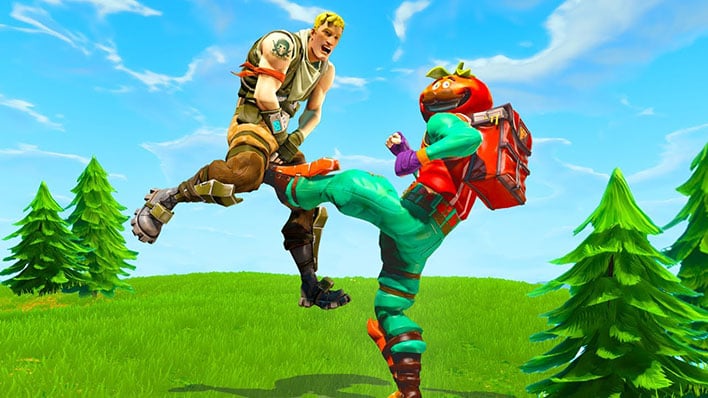Epic Slapped With Lawsuit For Making Fortnite Addicting And Too Fun For Minors, Hello?

The lawsuit was filed by a Montreal legal firm on behalf of the parents of two minors, age 10 and 15. Documents in the lawsuit liken Fortnite to cocaine, noting that much like the narcotic drug, Fortnite releases the chemical dopamine in the brain and then kids can become dependent on playing the game, looking for that dopamine fix. Lawyers for the family even go so far as to allege that Epic hired psychologists to study human behavior in gaming and find any possible hook to get gamers addicted to Fortnite.
Allesandra Esposito Chartrand, an attorney with Calex Légal, says that the law firm "dug into it" and realized there was a strong case. Chartrand says that her legal firm was contacted by the parents interested in suing Epic Games for producing the "addictive" game. Chartrand is asking parents who are concerned about their child's dependence on the game to please come forward and be heard.

The case is reportedly referencing precedent set in a 2015 Quebec Superior Court ruling that determined tobacco companies didn't warn their customers about the dangers and addiction risk of smoking. The legal team says that the case is very focused on the developer's duty to inform customers of addictive properties of their software. Chartrand says that the company knowingly put on the market a "very, very addictive game" that was geared towards youth.
Chartrand says that when something is dangerously addictive, the company has a responsibility to disclose the risk. The suit also cites the 2018 World Health Organization decision to classify video game addiction as a disease. There is no word on how much the lawsuit is seeking in damages compensation.
What say you, HotHardware readers? Do the plaintiffs have an actual case here, or are they just blowing smoke? Sound off in the comments section below.

